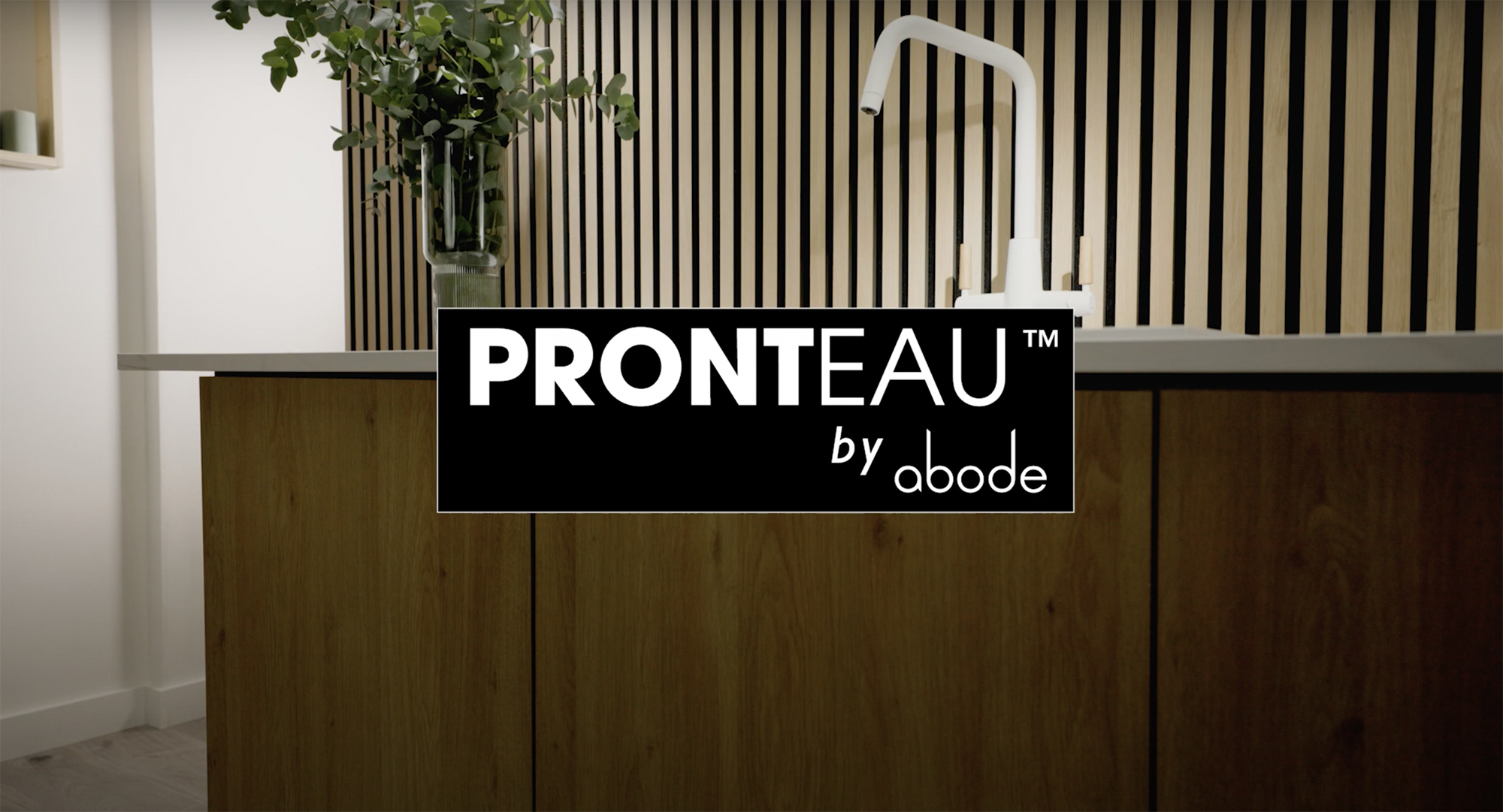MD of D.A.D Adrian Gillman explains the importance of own-label appliances to offer choice and support for retailers
In a market saturated with private label products, there has always been an argument as to the relevance of some brands and whether they are just a ‘flash in the pan’ with no life expectancy or sustainability. But with a wider and more intelligent view of the market, where we now know and dissect customer browsing and buying patterns, fact tells us that consumers have made a significant shift from purchasing well-known and respected brands in favour of new products with their final buying decision being made on price. Consumer buying patterns are telling us that yes, there is room in the market for everyone, and yes, we want the choice.
Up to spec
Specifications on appliances have now become an expectation in the buying process. Consumers now expect particular criteria on for example, basic washing machines. These brands are expected to offer the ‘standard’ programmes, cycles and features and the consumer no longer trawls through lists of specifications when choosing their appliance. It’s now a ‘given’ for the consumer that what they are buying works, and works well. So, with so many brands including new private label players in the market all offering the same expected specifications, the consumer now has the ability to make their choice informed on aesthetics, guarantees, reviews and of course price rather than solely specification.
Offering consumer choice
Surely we want to give our consumers choice? A choice of brands, specifications, styles, prices and so on. If we simply removed private labels from the market, we are removing freedom of choice. We are also making white goods less accessible to all budgets and requirements. In a market that’s ever evolving, to simply stop and withdraw is a one-way ticket to becoming a ‘one-hit-wonder’ no longer thought of, or even respected for trying to become a major brand. If some of today’s big players in the market, such as Beko, had simply given up and gone home when it was a new brand fighting to compete with the leaders in the field, such as Hotpoint, the white goods industry would be a very different and less diverse market than it is today. With 50% of the UK’s homes now using a Beko appliance, it has paved the way by growing a brand and making products accessible to all budgets and applications. Are we now suggesting new brands don’t strive to succeed? Are we ignoring the success the leaders in the field have had? They all started as small, unknown brands and look at them today. Ask the consumers if they would like more or less choice. I think we all know the answer. It has rightly been suggested with such a lot of players competing for the same consumers and market share; brands need to set themselves apart from the competition. With similar prices and specifications being offered, these brands need to focus on their added value offerings and their tailored buying experience.
Sponsored Video
Up and coming
With little insight into ‘new’ brands such as Prima, HomeKing and Iceking, it’s very easy to assume that they are hanging onto the slip-streams of big brands and simply just staying afloat. But with a little bit of market knowledge, you’d find that these brands are hot on the heels of the big boys and are growing at an incredible rate. Statistics have shown Montpellier is the fastest-growing private label appliance brand in the UK, even though it’s only in its second year. With pop-up stores sprouting up all over the country, brands such as this are creeping up on well-established brands while their focus is elsewhere. Money, resources, marketing, as well as research and development have all been implemented in Montpellier’s route to market and proved hugely successful having sold more than 100,000 units in a year. Those figures prove that private label brands with the right plan, products, support and ethos are successful and continuing to grow rapidly. Private label brands are often depicted as being disorganized, small and essentially no competition. But while they’re busy being written-off and being paid little attention to by the market, they are growing, evolving and getting ready to ‘come out of nowhere’ and perhaps even take the number three or two spot at the top.
Helping independent retailers
We must also not forget, not only do these brands offer choice for a market where choice is key, but many of these brands were created to support the high street and the independent retailers. Some of these brands have been helping independent retailers survive in what has become a very difficult and aggressive market. Distributors have the control of their own private label brands meaning they can make sure prices contain enough margin to support everyone in the chain. In turn, these retailers are helping to steadily grow these brands. It also helps the retailers evolve and offer consumers something new and exciting in a world where we see the same big brands every day. In a market which began with independent retailers, we have a responsibility to support them and respect their need for choice and to supply their customers with choice. We are in the market of growing and evolving, not shrinking. In our eyes, we are in a big world, and a big market where there is room for every type and size fish. But don’t discard the little ones, as often, the small become the mighty.



